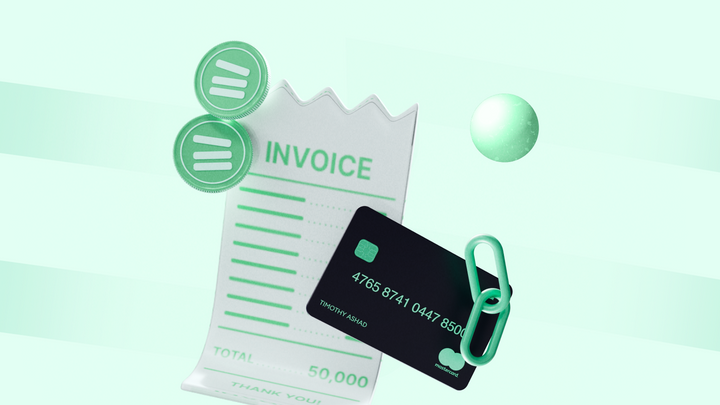5 Ways to Manage Your Business Cash Flow 📊

Every business owner knows the importance of making sales and turning a profit. However, many don’t realize that even a profitable business can face serious challenges if it doesn’t manage its cash flow effectively.
Cash flow is simply the movement of money in and out of your business. It’s about ensuring you have enough cash to cover your expenses and keep your operations running smoothly.
Unfortunately, many businesses, especially those in their early stages, struggle with cash flow issues. In this article, we’ll discuss the best ways to keep your cash flowing and your business growing.
Understanding Your Business: Types of Cash Flow
Before diving into strategies, let's understand the basics. There are three primary types of cash flow:
- Operating Cash Flow: This is the cash generated from day-to-day business operations, such as cash received from customers and cash paid to suppliers for inventory. Your operating cash flow increases with higher sales and lower operating costs.
- Financing Cash Flow: This includes cash received from or used for financing activities, such as taking out loans or repaying debts.
- Investing Cash Flow: Cash used for investments, such as purchasing equipment or a new store, falls under this category.
Identifying Your Cash Flow Challenges
Common challenges businesses face with cash flow include slow-paying customers, excess inventory, high overhead costs, seasonal sales fluctuations, and unexpected expenses like equipment repairs. Identifying these challenges early allows you to address them proactively.
Now, let's talk about the strategies:
1. Set a Budget to Sell More Effectively
Setting a monthly income budget, like aiming to sell N300k each month while spending only N100k, helps you keep track of your progress. By checking your performance monthly, you can adjust your plans to sell more or spend less as needed.
2. Manage Your Inventory Wisely
Having excess inventory can lock up your money. Monitor your stock levels to prevent overstocking. This way, you can free up cash for other business needs or save it for the future.
3. Control Your Spending
Check your expenses often to find where you can spend less without compromising quality, whether by talking to suppliers about better deals or paying off debts faster in smaller amounts over time. Every little bit helps your cash flow. If your expenses are eating up all your cash, look for ways to spend less.
4. Reduce Selling on Credit
If your customers owe you money, your cash is tied up outside. Try avoiding selling on credit and make sure you get paid on time by reminding customers about their debts. Use the practice of invoicing to ensure timely payments from customers.
5. Plan for Future Expenses
Save money to plan for future expenses. Having some extra cash set aside, helps you stay ready for unexpected costs and keeps your cash flow steady.
Additional Tips for Improved Cash Flow:
- Have a Business Bank Account: Having a business bank account just for your business helps keep your money separate and makes your financial records clear. This makes it easier to see your cash flow and manage your finances effectively.
- Take Record-Keeping Seriously: Make sure to keep good records of your income and expenses. This helps you know where your money is going and where to save. Using tools like Catlog's record-keeping tool makes this easier and gives you insights into your finances and areas to cut some expenses.
Conclusion
In conclusion, effective cash flow management is crucial for your business's long-term success and growth. By understanding different cash flow types, addressing challenges, and using proven strategies, you can take control of your finances and ensure steady cash flow. This is crucial for sustaining your business's success.



